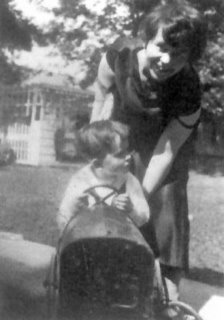Found at http://neurodiversitysymposium.wordpress.com:
On August 5, 2011, Syracuse University will be hosting a regional symposium on neurodiversity and autistic self-advocacy. Neurodiversity is a concept and social movement that advocates for viewing autism as a variation of human wiring, rather than a disease. As such, neurodiversity activists reject the idea that autism should be cured, advocating instead for celebrating autistic forms of communication and self-expression, and for promoting support systems that allow autistic people to live as autistic people.
The purpose of this event is to raise public awareness of the concepts of neurodiversity and the different facets of the neurodiversity movement, and to increase understanding and dispel myths about what it means to be against curing autism. The symposium will also address the ways in which the concept of neurodiversity can be expanded beyond just autism to include other atypical forms of neurological wiring, such as ADHD, hydrocephalus, and dyslexia, to name a few.
The event will kick off Friday with a keynote by Ari Ne’eman, Founding President of the Autistic Self Advocacy Network (http://www.autisticadvocacy.org/) and the Vice Chair of Engagement on the National Council on Disability (http://www.ncd.gov/). Ari’s keynote will address issues such as the history, current state, and future of the neurodiversity/autistic self-advocacy movement, and autistic self-advocacy in politics.
Following the keynote, local activists will lead panels and smaller discussion on more specific topics related to neurodiversity, such as: autistic culture, allies, neurodiverse parents, self-advocacy, popular culture/conceptions of autism, dealing with sensory difficulties while still being anti-cure, and self-empowerment through facilitated communication and other non-verbal forms of communicating.
PLEASE NOTE: This is still a work in progress. Consequently, the content of panels is subject to change somewhat in the next few weeks. The exact time at which they keynote will begin, and when the panels will be held, has not yet been decided conclusively. Any updates will be posted to this page.
Cost: FREE!!!
Registration info: Preliminary registration is now available on this site.
The Neurodiversity Symposium is sponsored by:
- The Beyond Compliance Coordinating Committee
- The SU Center on Human Policy, Law, and Disability Studies
- The SU Disability Cultural Center Initiative
- The Institute on Communication and Inclusion
- The SU School of Education
- Cultural Foundations of Education, School of Education, Syracuse University
- The Taishoff Center for Inclusive Higher Education
- The Department of Teaching and Leadership




